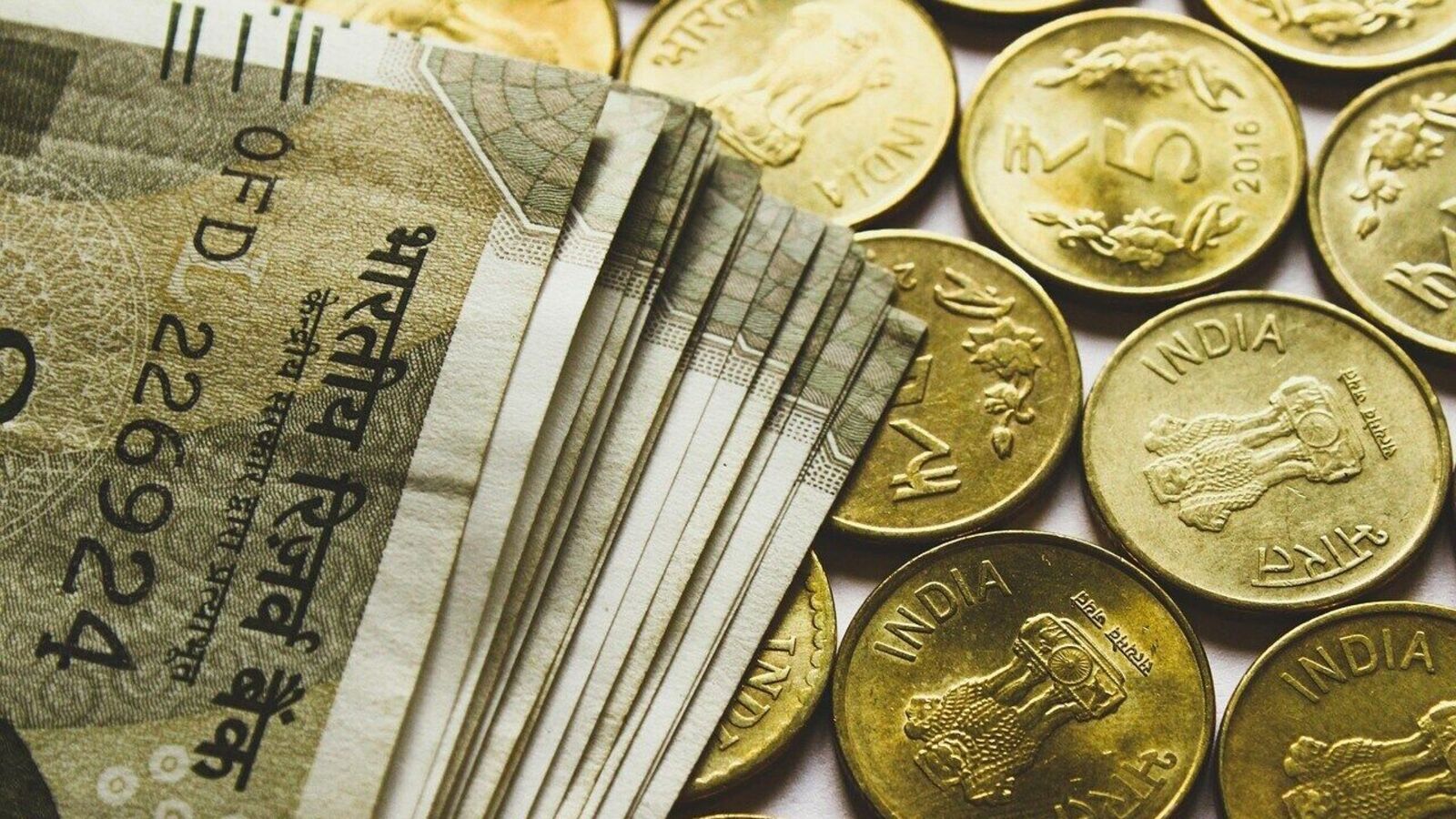Personal loan for freelancers: Eligibility, documents, interest rates, and how to apply

For a freelancer, the need for a personal loan can arise at any time, whether for professional or personal expenses. The professional expenses may involve investing in a course to upgrade skills, creating professional infrastructure, like setting up a workplace, buying professional equipment/tools, etc. The personal expenses may involve a medical emergency, home renovation, celebrating an event/festival, family vacation, etc.
Whatever the need for a personal loan, these days, banks/NBFCs are very accommodating of extending loans to freelancers. In this article, we will understand the various aspects of a personal loan for freelancers, including eligibility, documentation, interest rates, application process, etc.
Personal loan eligibility for freelancers
Banks and NBFCs can decide their personal loan eligibility criteria for freelancers. However, the general eligibility criteria include the following.
Age within a specified band: Most banks have an age band with the minimum and maximum age specified for all loans, including personal loans. For most banks, the minimum age for self-employed individuals (including freelancers) to be eligible for a personal loan is usually 21 years. In the case of some financial institutions, the minimum age requirement may start from 25 years or even higher.
For example, the IDFC FIRST Bank website mentions the minimum age as 21 years for personal loans for self-employed individuals. The Union Bank of India website mentions the minimum age as 25 years for personal loans for non-salaried individuals. Similarly, the ICICI Bank website mentions the minimum age as 28 years (25 years for doctors) for personal loans for self-employed individuals.
Banks specify the maximum age also for personal loan applicants. For example, the IDFC FIRST Bank mentions the maximum age as 60 years for personal loans for the self-employed. The ICICI Bank website mentions the maximum age as 65 years for personal loans for self-employed individuals. The Union Bank of India website mentions that the maximum permissible age at the end of the loan repayment is 75 years for personal loans for non-salaried individuals.
Monthly income: Banks specify the minimum monthly income requirement for personal loans for self-employed individuals, including freelancers. For example, DBS Bank requires self-employed personal loan applicants to have a minimum monthly income of Rs. 25,000. ICICI Bank requires self-employed applicants to have an annual turnover of Rs. 40 lakhs for non-professionals and Rs. 15 lakhs for professionals, as per their audited financials.
In the case of freelancers, the monthly income is uneven. Hence, banks usually look at the Income Tax Returns (ITRs) for the last 1-2 years to determine the average monthly income.
Credit score: The credit score and profile are important criteria to assess the applicant’s credit behaviour. The higher the credit score, the better the chances of the personal loan getting approved, provided other eligibility criteria are met. For example, the IDFC FIRST Bank website mentions a credit score requirement of 730 or above for a personal loan for a self-employed individual.
Documentation
To apply for a personal loan, a freelancer must submit the KYC and financial documents to the bank. The KYC documents include the duly filled application form, photograph, identity proof, and address proof.
The financial documents include the Income Tax Return (ITR), bank statement, and business/profession-related documents. Some banks may specify a minimum tenure of 1-2 years in the current business/profession for the personal loan application to be processed. It helps the bank evaluate the business/profession stability and how its growth has shaped in the last 1-2 years.
If the self-employed applicant is running a business, they may be asked to submit business-related documents. These can include a copy of the registration certificate, profit and loss account, balance sheet, GST filings, and other related documents.
Interest rate
Banks link the interest rate on personal loans and other loans to an external benchmark lending rate (EBLR) like, Repo Rate, etc. Depending on the borrower’s risk assessment and other factors, the bank adds a premium over the EBLR to arrive at the final interest rate. For a freelancer, the personal loan interest rate will depend on the EBLR at the time of application and the premium.
Some banks give a concessional interest rate based on various factors. For example, as per the Union Bank of India website, the interest rate for non-salaried personal loan applicants with a credit score of 700 and above is 0.10% lower than applicants with a credit score below 700. Similarly, some banks provide personal loans at a lower interest rate to women than to men. For Union Bank of India, the personal loan interest rates ranged between 10.35% to 14.45% for the quarter ended June 2025.
Application process
Most banks and NBFCs have digitised their entire personal loan application process. Digitisation ensures the applicant can apply from anywhere, irrespective of the bank’s working hours. It also ensures faster application approval and disbursal, provided all the eligibility criteria are met and the required documents are submitted. In the case of pre-approved personal loan offers, when the individual avails them, some banks disburse the loan amount in the applicant’s bank account in a few minutes to a few hours.
Personal loans for freelancers
These days, it is easy for salaried, self-employed professionals, and business persons to get personal loans, provided they meet the eligibility criteria. The eligibility criteria, documentation, and application process may differ slightly for freelancers and other self-employed applicants compared to salaried applicants. Also, some banks may charge a slightly higher interest rate for freelancers and other self-employed applicants than for salaried individuals. However, getting a personal loan is still very much within reach for freelancers. The freelancer may need a personal loan for professional or personal expenses. However, regardless of the purpose, they can easily get a personal loan and fulfil their goals.
Gopal Gidwani is a freelance personal finance content writer with 15+ years of experience. He can be reached at LinkedIn.
Disclaimer: Mint has a tie-up with fintechs for providing credit; you will need to share your information if you apply. These tie-ups do not influence our editorial content. This article only intends to educate and spread awareness about credit needs like loans, credit cards and credit scores. Mint does not promote or encourage taking credit, as it comes with a set of risks such as high interest rates, hidden charges, etc. We advise investors to discuss with certified experts before taking any credit.
For all personal finance updates, visit here.



